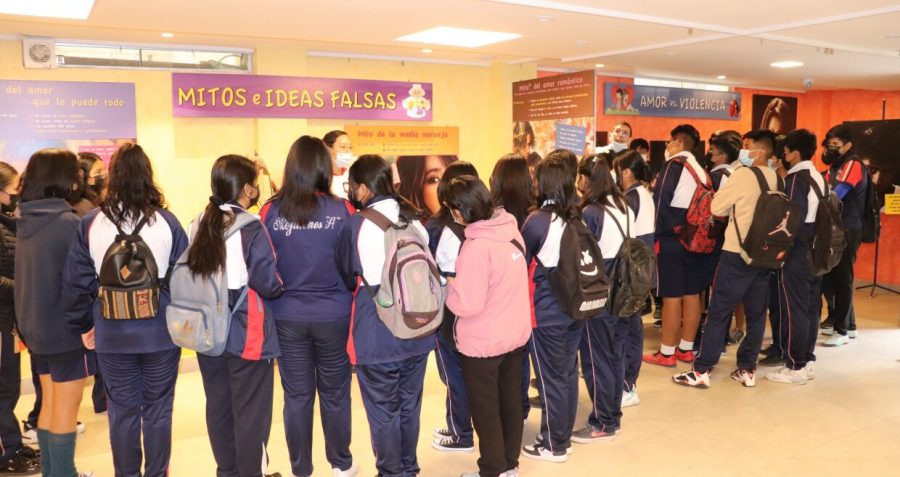EducArte Center in Bolivia

Key information
- Organisation: Instituto para el Desarrollo Humano (IpDH)
- Countries: Bolivia
- Region: Latin America and the Caribbean
- Stage of innovation: Stage 2: Proof of concept developed
- Start date: 2023
- End date: 2024
- Type of innovation: New combination of existing services
- Budget: 500,000 USD
Summary of intervention
In Bolivia, Instituto para el Desarrolllo Humano (IpDH) is taking an innovative approach to addressing sexual health amidst increasing levels of sexual violence — from digital violence to femicide. In Cochabamba, there are few friendly spaces for marginalised populations such as adolescents and young people, sex workers, lesbian, gay, transgender and gender non-conforming people to access information about sexual and reproductive health (SRH). There is also a lack of accessible SRH services addressing issues such as sexuality, violence, unplanned pregnancies, sexually transmitted infections, HIV and AIDS, and mental health.
In response, IpDH established the innovative EducArte Center, which connects a Community Sexual Health Care Center with participatory cultural activities. It provides spaces not only for marginalised groups but also for the general population to access medical, psychological and peer support services while participating in art and cultural activities. Visitors can use SRH services, including HIV treatment monitoring, testing and prevention, hepatitis, sexually transmitted infectionss, PrEP and mental health.
The Center includes a pharmacy and employs three doctors, three psychologists and two peer educators. In the same building, visitors can also participate in meetings, conferences, cultural events, exhibitions, courses and workshops about issues affecting them. For example, it has held exhibitions about PrEP and Sexual Violence. A cafeteria provides a friendly space and employs people from key populations. The current capacity is 200 visitors per half day. Visitors have included students from educational units and universities, people with HIV, sex workers, young people of both sexes and members of the general population, with a total of more than 5,800 consultations per year.
learnings
IpDH owns the building, but the main challenge is one of funding to complete the rooms for exhibitions, meetings, conferences, courses, workshops, theatre, cinema, etc. There have also been issues with building permission that have slowed progress.
next steps
By mid-2024 IpDH plans to furnish the seven first floor offices with equipment which will be used for specific medical services such as gynecology, mental health, endocrinology, proctology.
sustainability
IpDH has strategies to generate its own resources to sustain the centre through a social enterprise plan. The social enterprise vision is based on the belief that education and information are essential for social change and that by providing these, the EducArte Center will create a more just and equitable society and, therefore, the community will contribute to operational costs, enabling IpDH to reduce its dependence on international cooperation. This involves changing community mindsets, which may take time, but IpDH is committed to this vision.
Once construction is completed, IpDH estimates that it can double the capacity to generate funds. Between 5% to 10% of the profits obtained will be used to provide social support, e.g., purchase of medication, laboratory tests, and surgery for patients who do not have economic resources.

